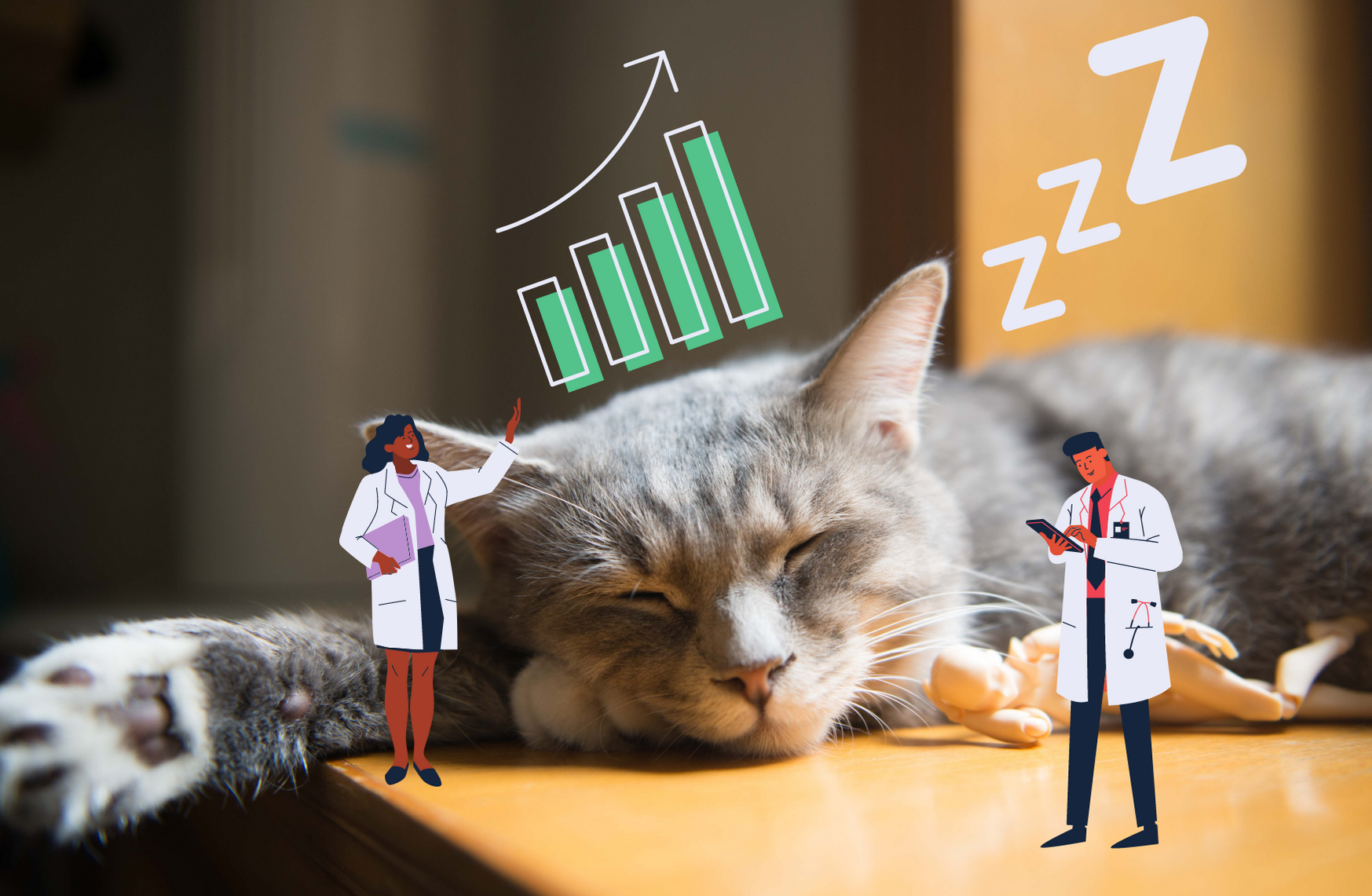How Artificial Intelligence Help Patients Sleep Better

Original Source Here
How Artificial Intelligence Help Patients Sleep Better
Disrupted sleep could delay discharge and recovery.
Problem: Overnight vital sign monitoring cause impaired sleep in patients
Poor sleep quality of patients in a hospital is a big issue. Researchers have noted that ~50% of the patients report experiencing insomnia. According to a study done in 2017 [1], short-term consequences of sleep disruption include:
- Increased stress responsivity
- Reduced quality of life
- Emotional distress
- Mood disorders
- Other mental health problems; cognition, memory, and performance deficits
Since patients admitted to hospitals already have a compromised immune system, these consequences could be more severe for them.
Rest is crucial to a patient’s care. It has been well-documented that disrupted sleep is a common complaint that could delay discharge and recovery.[3]
The overnight vital sign monitoring is a significant cause of impaired sleep in patients.
Routine vital sign assessments occur every 4–5 hours for medical and surgical patients regardless of patient acuity.[2]
According to previous research, targeted reductions in overnight vital sign measurements and medication administrations could result in improved patient experience by fewer sleep interruptions.
With that being said, there is no standard method of determining which patients can skip vital sign measurements.
Until now…
AI/ML
Trending AI/ML Article Identified & Digested via Granola by Ramsey Elbasheer; a Machine-Driven RSS Bot
via WordPress https://ramseyelbasheer.wordpress.com/2020/11/29/how-artificial-intelligence-help-patients-sleep-better/